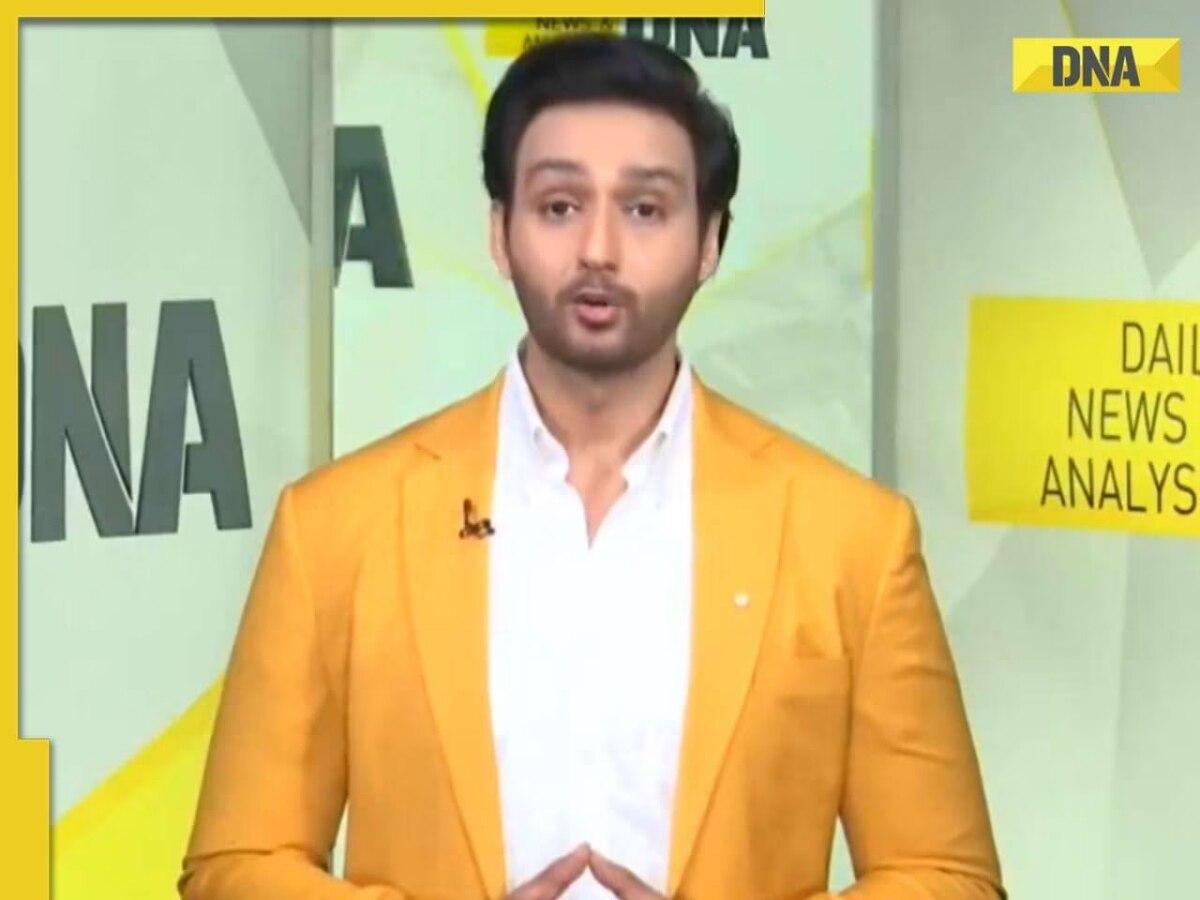
In a significant deviation from initial expectations, economic growth and development have taken a backseat as religious issues increasingly dominate discussions for the upcoming 2024 Lok Sabha polls. The campaign discourse, primarily focused on communal and caste-based benefits from development, has veered towards more explicit religious rhetoric.
This shift was highlighted by Sourabh Raaj Jain, the well-respected anchor of DNA Zed News, who meticulously analyzed the evolving political landscape. He pointed out a discernible transition from issues of general reservations to more polarizing topics like religious reservations. The discussions took an even sharper turn, raising concerns about the fair division of land and resources among different faiths.
The campaign rhetoric has steadily intensified, manifesting into a polarized dialogue often described as ‘eighty-twenty proportions.’ This divide has rekindled age-old debates, notably the concept of ‘Ghazwa-e-Hind’—an eschatological term gaining traction in the context of religious reservations.
The pivotal question emerging from this discourse is whether the Hindu-Muslim schism genuinely impacts the electorate’s daily life or remains a tool confined to electoral politics. Analysis across the political spectrum reveals that no party remains immune from incorporating religious themes into their campaign strategies, recognizing the resonant appeal these topics have among voters.
A case in point is a recent remark by BJP leader and Amravati candidate Navneet Rana. In a provocative statement, Rana challenged Akbaruddin Owaisi and his brother, Asaduddin Owaisi, well-known leaders from Hyderabad. “If police were removed from duty for 15 seconds, the brothers wouldn’t know where they came from and where they went,” Rana taunted on social media.
Rana’s bold assertion resonated widely: “I always stand by my statement. I am not afraid of anyone. We are committed to counter those working for Pakistan in India. If they take 15 minutes, we will take 15 seconds,” she iterated. Her comments underline a broader narrative of assertive nationalism that the BJP seeks to emphasize.
In a quick rejoinder, All India Majlis-e-Ittehadul Muslimeen (AIMIM) leader Asaduddin Owaisi replied to Rana’s ’15-second’ challenge, extending it dramatically. “I tell Modi ji – give her 15 seconds. What will you do? Give her an hour. We, too, want to see if you have any humanity left. Who is scared? We are ready.
… PM is yours; RSS is yours; everything is yours. Do it. Tell us where we have to come; we will be there,” Owaisi countered.
The tension between the two political entities isn’t new. This exchange harks back to similar statements from the Owaisi siblings, particularly Akbaruddin’s controversial suggestion in 2013, inviting Hindu-majority India to understand the consequences of police withdrawal for a mere ’15 minutes.’ His inflammatory rhetoric earned him a 40-day jail term, yet he was acquitted later in 2022 due to a lack of substantive evidence, which BJP supporters claim was influenced by biased police testimony.
Following Rana’s divisive comments, BJP leader Madhavi Latha offered a more voter-centric interpretation during a conversation with ANI. She emphasized that Rana’s ’15 seconds’ should be understood in terms of swift, decisive voting: “We do not threaten anyone nor suggest removing the police for 15 minutes. Instead, spend 15 seconds to cast your vote. Don’t attend provocative speeches. If you want to move towards ‘Viksit Bharat,’ (Developed India) go and cast your vote. This is what she meant.”
In such a contentious environment, AIMIM’s Asaduddin Owaisi stands as a formidable challenger for Latha. For the first time, the BJP has fielded a female candidate for the Hyderabad constituency, traditionally a stronghold for the Owaisi family. Winning this seat would mark a significant victory for the BJP, symbolizing a break in AIMIM’s decades-old dominance.
The dynamics of this new electoral battleground are further complicated by historical contention. Owaisi’s decision not to capitalize on Akbaruddin’s 2022 acquittal amidst the present debate is curious. Some observers suggest that the eleven-year-old issue has waned in its utility for current voter mobilization.
Overall, the shifting narrative from development to religion illustrates a nuanced strategy aimed at galvanizing voter bases along communal lines. With religious ideology playing an increasingly critical role, these political maneuvers could very well redefine the fabric of Indian democracy in the 2024 elections.
(With inputs from ANI)












